

Getting a chance to try out that one game in beta you have been dreaming of for so long is quite a wonderful feeling. And while playing the beta we are more than happy to go along with the few bugs and lag spikes, while giving our feedback on the game, so it can be a better game than when we buy it later on. But since we are doing all the hard work testing the game, shouldn’t we get something out of it more then to play an unfinished version of it? This week’s column will explore how developers use the gamers to sell them a better product, without the players getting anything for it. It will also discuss what can be seen as work, and what is play in an MMO game, and who really owns what is in the game.

When do we own something?
As the majority of us know well, people are making money of MMOs by farming gold. Goldfarmers is something which exists in almost all MMOs, and mainly done by people in Asia. While this do create a lot of job opportunities and in the same time they are extremely underpaid jobs. But this is another debate, one in need of its own article. I will instead shortly discuss the article by Lisa Nakamura, where she shows how the work with machinima in World of Warcraft can generate money on racialization. The reasons for this as she shows, is because “farmers” are seen as a bad thing in almost all MMOs, and therefore are the people doing the work seen as bad in an indirect way. Many of the machinima videos out there make their living on making fun on things such as the “Asian farmers”. So Nakamura stands in line with most scholars in concluding with the importance of classifying all sorts of work related to online games.
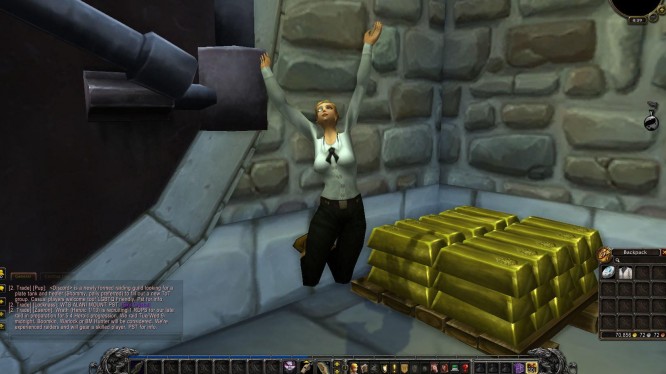
Everyone is looking for gold.
Kaire Holts examines how online spaces have produced a wide range of new forms of activity connected to money, and how these including video gaming have created completely new labor activities. Digging deeper into her article we find that the focus of video games are mainly on gold farmers, and she discuss how there is no clear classification for this kind of “work” at the moment, nor is there a clear distinction between virtual labor and work done in “the real” life. She concludes the paper with how the lack of classifications on virtual work such as gold farming which generates real money, and even beta testing which is unpaid work, can and will create economical and judicial dilemmas.
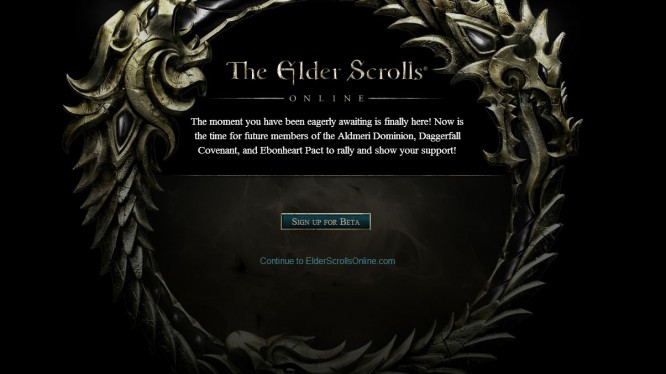
We have all seen the beta screen at least once.
T.L Taylor is a social scientist leaving the economical focus behind, and instead exploring the relationship between players and the owners of the MMO game they inhabit. Much of the focus here is on management, how the company manages its players in terms of cheating. But as with other industries, faults and misuse of products are not only checked by the manufacturer, in MMOs they are almost entire controlled by the players themselves. Where players of MMOs report all things and players which is wrong in anyway, and this according to Taylor opens up for a participatory framework of games, and creates a win/ win relationship between players and owners. Sal Humphreys also takes a deeper look into the participatory nature of online games, and by using Everquest and World of Warcraft as case studies, he finds how the flow of power goes between publisher, developers and players. His conclusion is that more and more people are living their social and their work lives in a virtual setting, this raises the need for new concepts and better control in these areas, so that no one is pushed over in the online community.
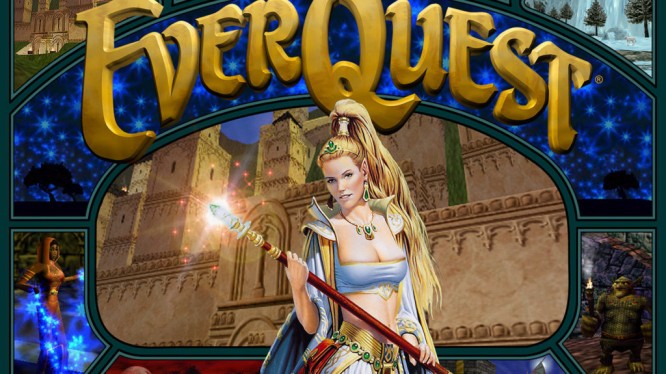
Evercrack was the first MMO heavily used in research.
Even if we chose what to play, and we are free to choose if we help with bugs and etc, it is still a big debate on who owns the intellectual property. Sara Grimes gives an overview on this debate in her article, on how it has been portrayed from both academic literature and popular press, with a focus on laws and understandings of intellectual property. She concludes that there is a fine line between play and labor in the online setting, and that this line has not been explored as much as it is needed. But we are seeing an expansion of the intellectual property laws, and hopefully this extension will also include emerging forms of virtual leisure, and the exchange-value in online play. Zhang and Fung also investigate part of this in their article where they explore the secondary industry emerging where players are doing all the hard work. The gaming industry is now very dependent on the productive play of the consumers. And they show hoe this changing virtual regime not only is a problem for intellectual property and who should earn what, but it also create complex negotiations between capital and labor, community and commerce, on both the subjective and institutional levels.
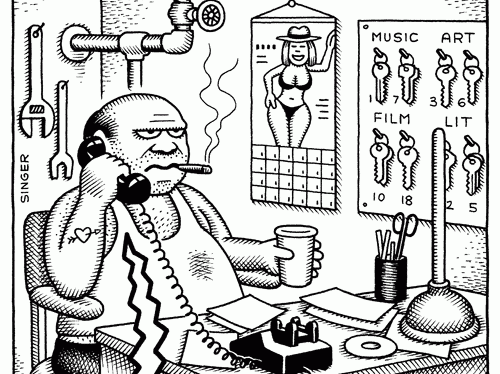
We all have our intellectual property.
So are we playing or are we working when we log into our favorite virtual world? For me it is a mix of the two since playing and writing about games is my work. But even if popular media says one thing and scientific studies says a whole lot of things, playing is what you want it to be. If you are a player dedicating yourself to improving the game, then you might want to strive for getting more out of it, but that is completely up to you. One thing we do one and which I have pointed out in this week’s column, is that everyone is looking into games and their different concepts of labor and ownership, so that we one day don’t have to think about this at all. Until then I urge you to think about it for yourselves, could your play be a kind of work for you?, and do you really want it to count as work?
Research used:
Grimes, Sara M (2006) Online Multiplayer games: a virtual space for intellectual property debates?
Holts, Kaire (2013) Towards a Taxonomy of Virtual Work.
Humphreys, Sal (2008) Ruling the virtual world: Governance in massively multiplayer online games.
Nakamura, Lisa (2009) Don´t Hate the Player, Hate the Game: The Racialization of Labor in World of Warcraft.
Taylor. T.L (2006) Beyond Management: Considering Participatory Design and Governance in Player Culture.
Zhang, Lin & Anthony YH Fung (2014) Working as playing? Consumer labor, guild and the secondary industry of online gaming in China.
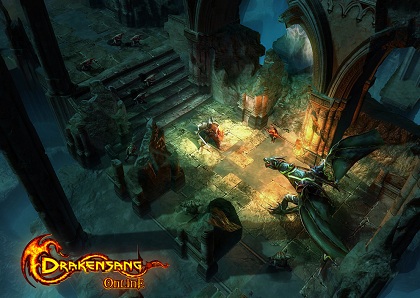
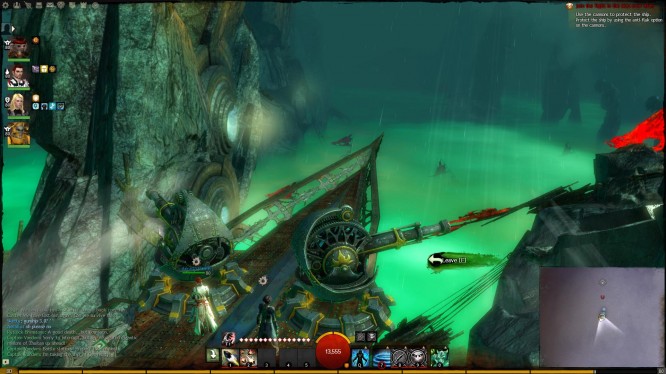
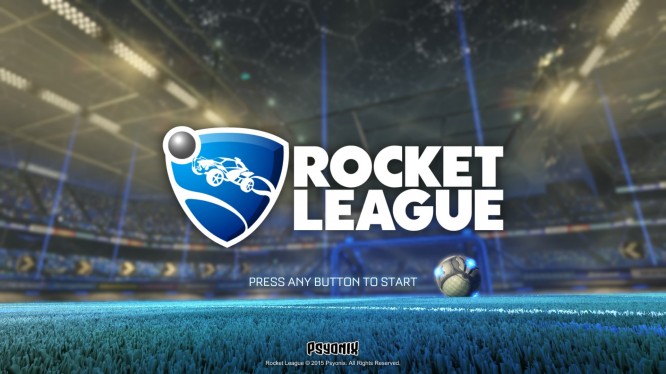

 Need For Speed World: Advancing Your Car’s Class Through Customization
Need For Speed World: Advancing Your Car’s Class Through Customization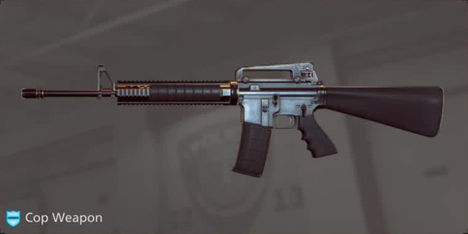 Battlefield Hardline: What's the Best Gun in the Game?
Battlefield Hardline: What's the Best Gun in the Game?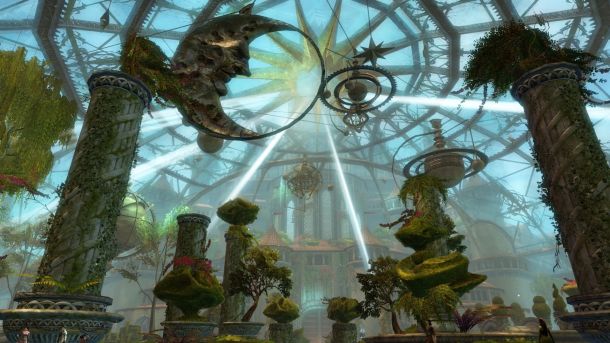 Versus: Guild Wars vs Guild Wars 2 .
Versus: Guild Wars vs Guild Wars 2 .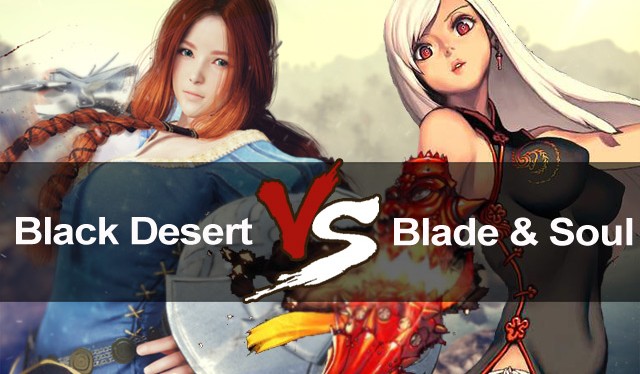 Blade & Soul VS Black Desert - Which One Will You Play in 2016? .
Blade & Soul VS Black Desert - Which One Will You Play in 2016? .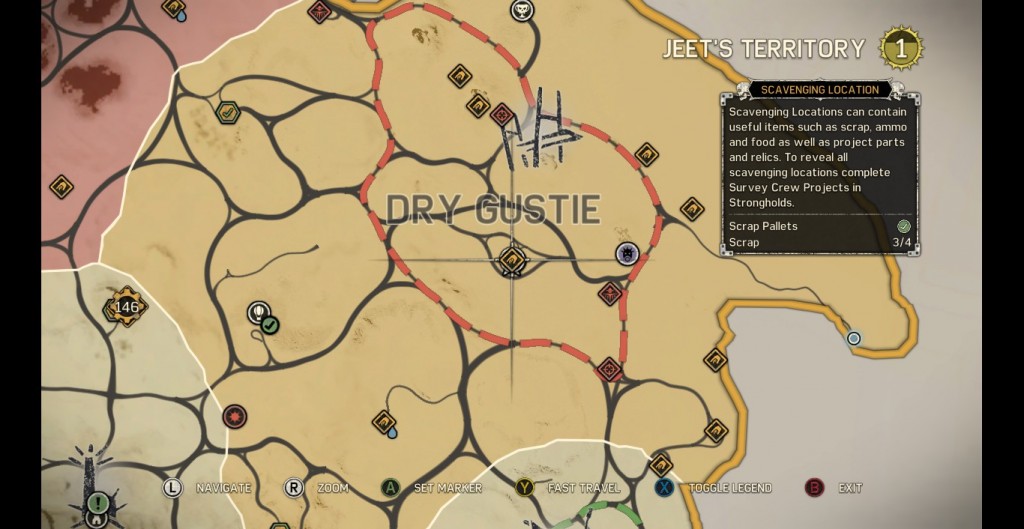 Mad Max Guide: How To Get Golden Tuska Rare Car, Location And Map
Mad Max Guide: How To Get Golden Tuska Rare Car, Location And Map